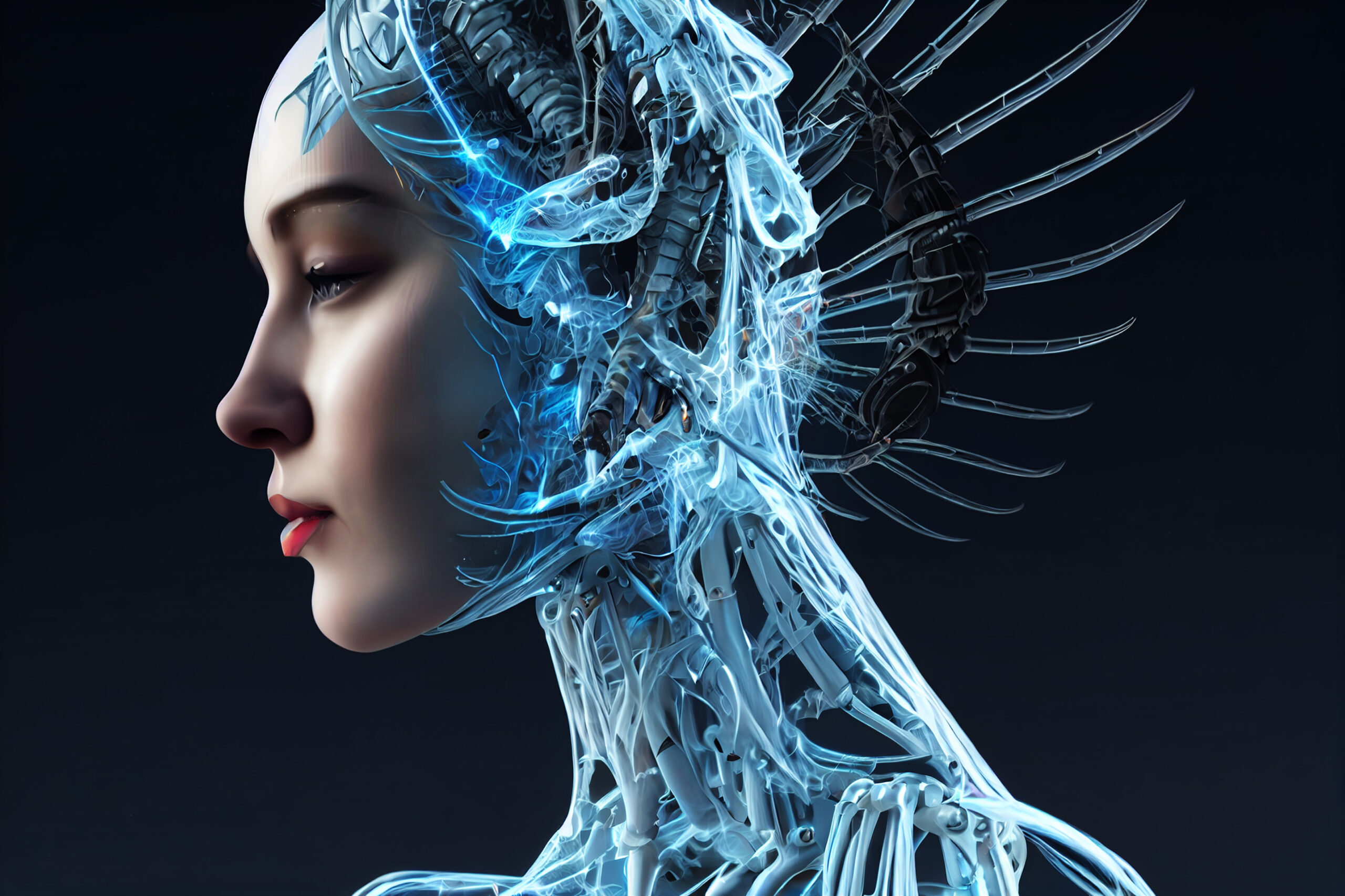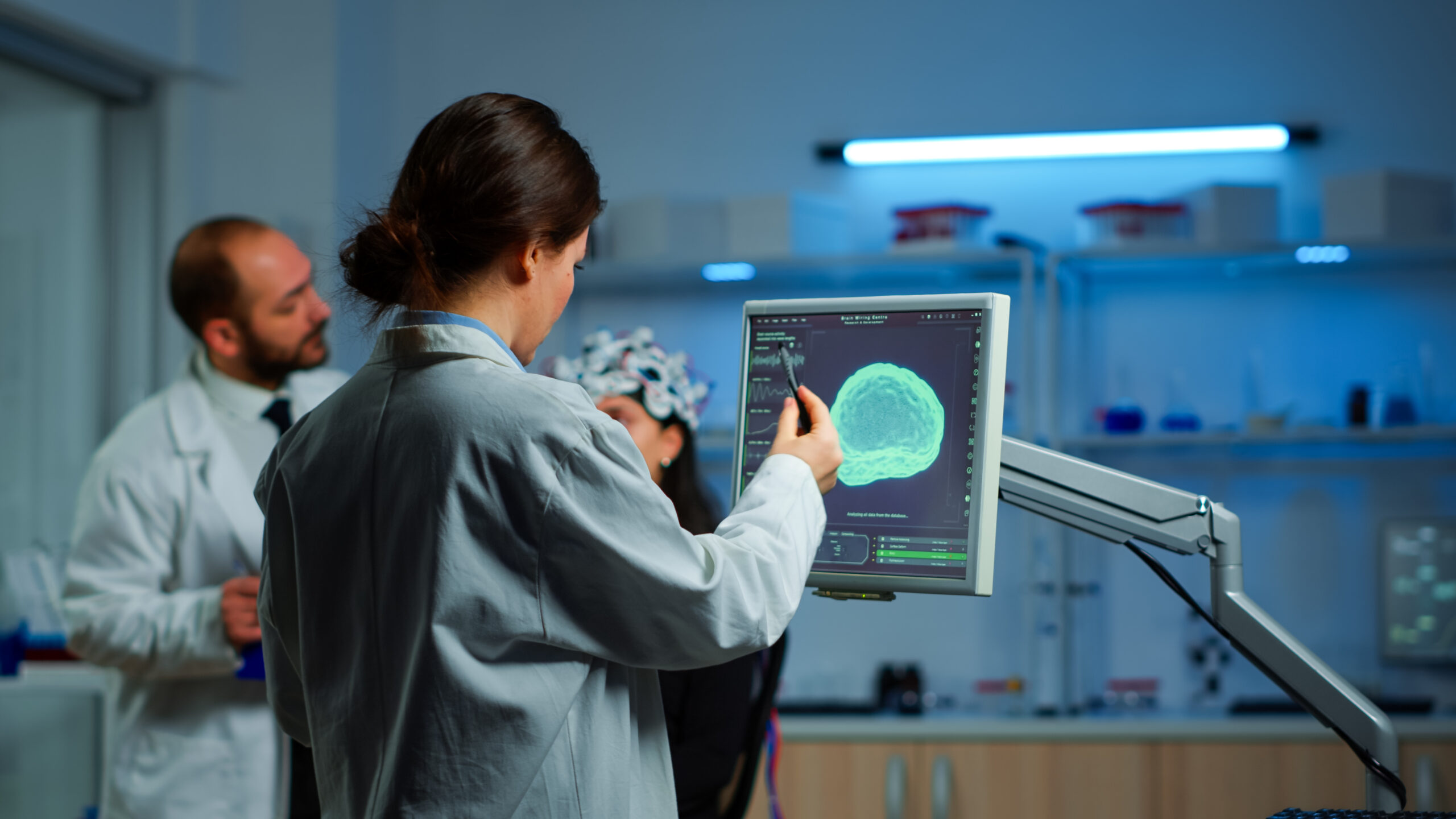Artificial intelligence at the service of people.
ALIA SANTé

Artificial intelligence and humans.
Artificial intelligence is a tool created by humans, and for humans. It’s the result of nearly a century of research by leading mathematicians. The continuous addition of new data. Powerful and reliable, artificial intelligence is at the service of humans. If it’s at the heart of conversations and questioning, it’s because it’s taking a real place.
Reading time: 4 minutes
Artificial intelligence is everywhere: in finance, public transport, everyday tools and healthcare. It is the perfect everyday assistant, with its learning and application skills. Today, there is little doubt that it will eventually assert itself thanks to its capabilities. Recently, Google’s artificial intelligence has been recognized as capable of coding like the average programmer. They are capable of creating works, interacting, responding to certain requests, assisting in medical diagnoses…
All this is the result of learning that humans have worked hard to induce. Today, new fields of research are being opened up by artificial intelligence, such as ethics, which is the subject of much debate in the European Parliament.
By integrating itself into our daily lives and gathering ever more data, artificial intelligence is now capable of achieving great things for the well-being of humans.
Artificial intelligence for well-being
Well-being often starts with taking care of your body. We can therefore think of new artificial intelligence technologies capable of creating personalized diagnoses and advising on what is needed for beautiful skin.
But it could also be a question of psychological well-being. In this context, artificial intelligence is becoming a true companion to humans. Indeed, AI can be found in nursing homes and hospitals. It accompanies patients, asking them questions and monitoring their well-being. This presence enables patients to interact when staff are lacking.
The patient’s assistant as well as the caregiver’s.
The presence of medical artificial intelligence is not only beneficial for the patient. Indeed, there are certain situations that require the presence of a nurse. If the nurse is already busy, he or she can send a robot to the patient. The robot can then begin to examine the patient, asking questions in preparation for the nurse’s examination.
Artificial intelligence can be a great help, through simple gestures. But it doesn’t stop there. Artificial intelligence can also help perform highly complicated surgeries. AI provides surgeons with enhanced functionalities and converts hand movements into much more precise ones, thanks to robots over which surgeons retain full control.

Scientific advances that were just waiting for the arrival of IAM.
If all advances are becoming more rapid and relevant, it’s because medicine has gradually introduced digital technology into its practices. Artificial intelligence simply has to be integrated into pre-existing modules that were already virtually independent. Artificial intelligence, in the service of human beings, enables us to make the most effective progress.

